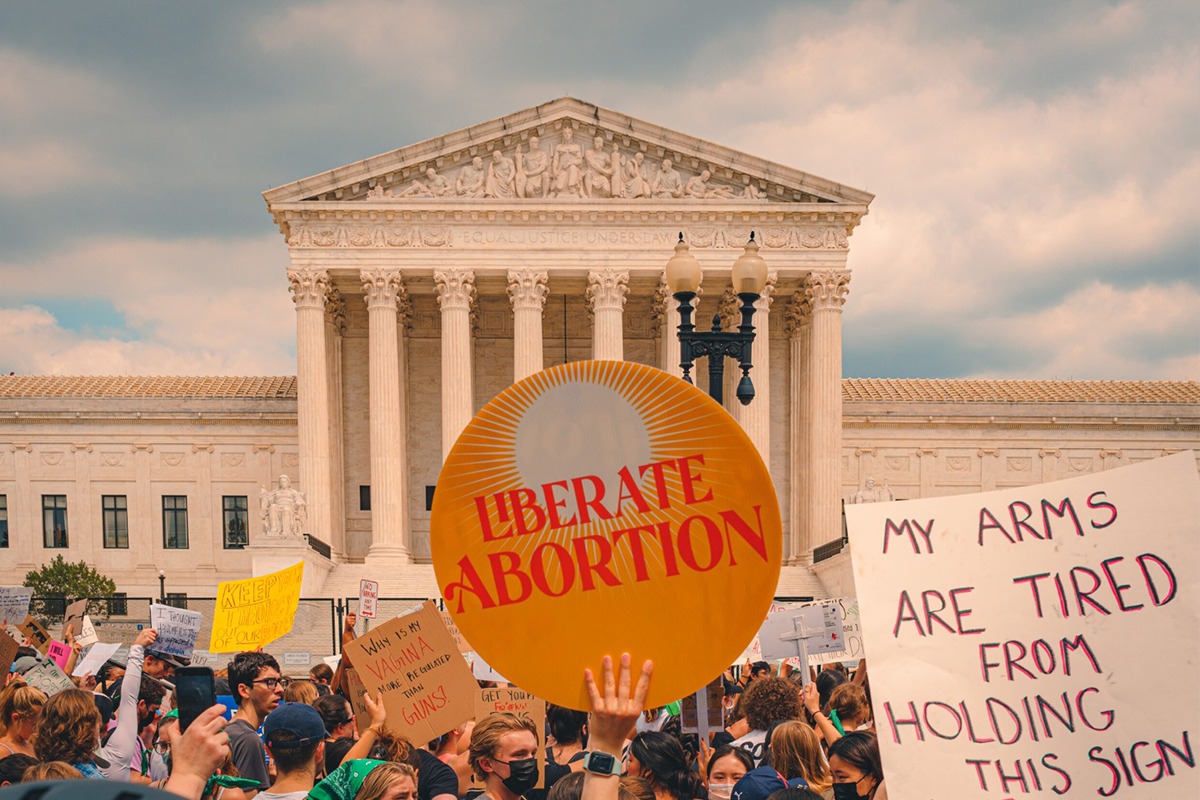NEW DELHI: On Monday, the Supreme Court of Texas overturned a ruling made by the lower court regarding the case of the abortion of Kate Cox. According to the abortion ban in Texas, a woman cannot get an abortion and can only get it if it is a medical necessity where the mother’s life is in danger.
The court determined that the lower court erred in concluding that Kate Cox, a woman beyond 20 weeks pregnant, was eligible for a medical exception. The court’s decision, specific to Ms. Cox’s ongoing pregnancy implied a reluctance to interpret the law in Texas in a manner that broadens the medical exception, except in the most critical circumstances. Cox’s choice to leave the state instead of awaiting the ruling highlighted the challenges of securing court approval for an abortion during a pregnancy.
Kate Cox was diagnosed with a medical condition in which if her fetus had a fatal condition and if she continued with her pregnancy she could risk becoming infertile. Last week, a state judge ruled that she could get a termination of pregnancy, however, the ruling was put on hold on Friday.
The Center of Reproductive Rights, which is representing Cox, announced on Monday that Cox had left the state to go seek the medical procedure elsewhere. This comes after the overturning of the Roe. W. Wade’s ruling which allowed states to ban abortion has not only made it illegal in the state but also for anyone who performs it to be charged with wrongful death.
While the centre has not revealed any more information about the whereabouts of Cox, it did say that she had “offers to help her access abortions elsewhere, from Kansas to Colorado and Canada.”
While the red state did have certain exemptions, such as the endangerment of the mother, to receive the medical procedure, the recent events call into question these very exemptions.









